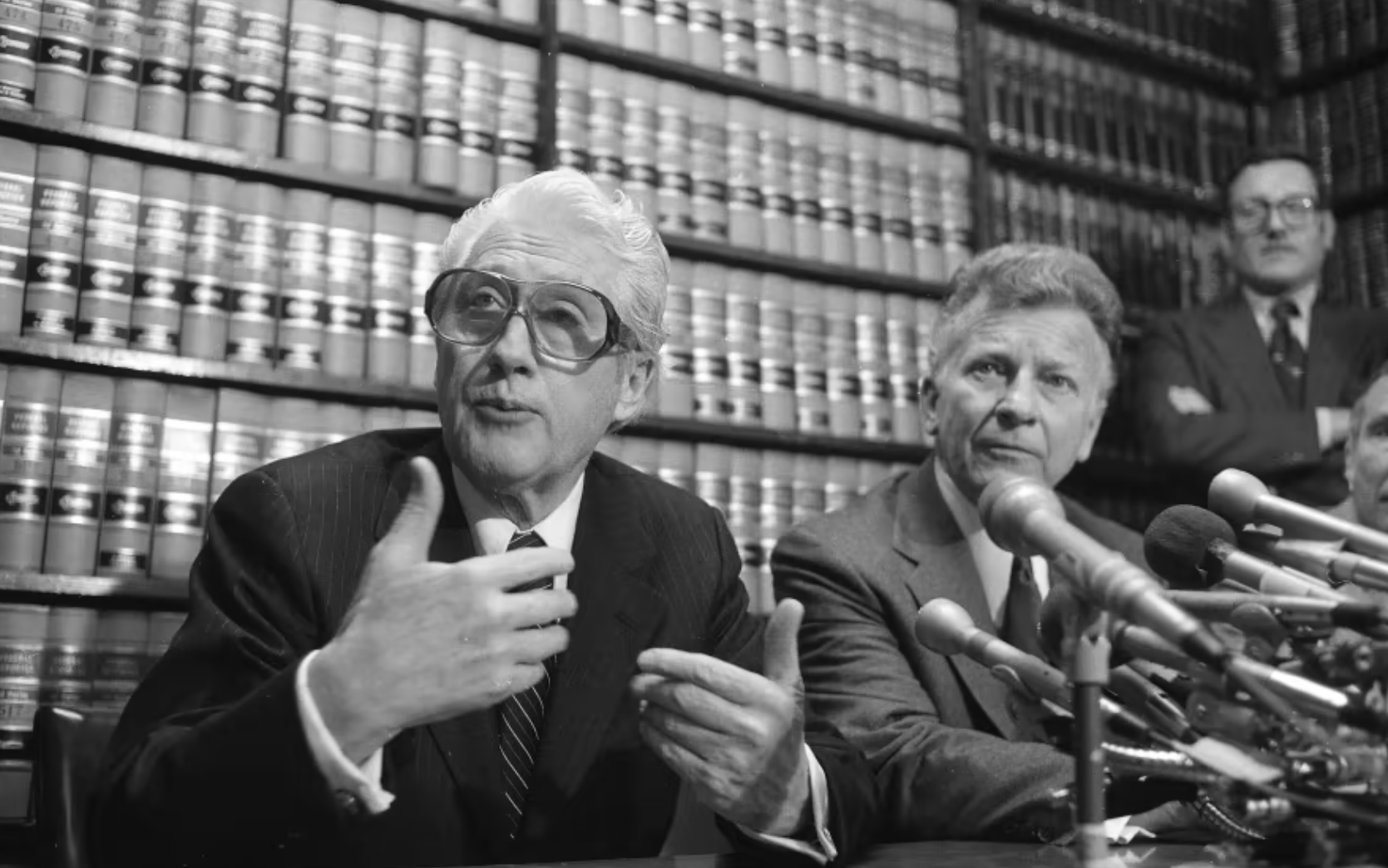WASHINGTON – Daniel Ellsberg’s decision to leak a secret Defense Department study of the U.S. war in Vietnam — the Pentagon Papers — made him a traitor in the eyes of the White House and its supporters and an instant hero to opponents of the war.
That’s been true of others who released top-secret information that they felt was evidence of official wrongdoing. While Ellsberg, who died Friday, will be remembered in a largely positive light, the reputations of more recent figures are still contested.
An associate director at the FBI, Felt was “Deep Throat,” the source who gave information about the Watergate break-in to The Washington Post in the 1970s.
Ellsberg’s release of the Pentagon Papers indirectly led to Watergate. Infuriated at the exposure of the study, Nixon ordered an effort to dig up dirt on Ellsberg. Operatives linked to the White House broke into the office of Ellsberg’s psychiatrist. Months later, five of them would be caught trying to break into Democratic Party offices at the Watergate.
A high-ranking FBI official, Felt provided hints to Post writers Bob Woodward and Carl Bernstein as they investigated the burglary and attempted cover-up. Journalists and congressional investigations eventually implicated Nixon, leading to his resignation.
“Deep Throat” became a shadowy star of the classic film “All the President’s Men.” Felt unmasked himself in 2005, shortly before his death in 2008.
Like Daniel Ellsberg, others who leaked US government secrets have been seen as traitors and heroes




